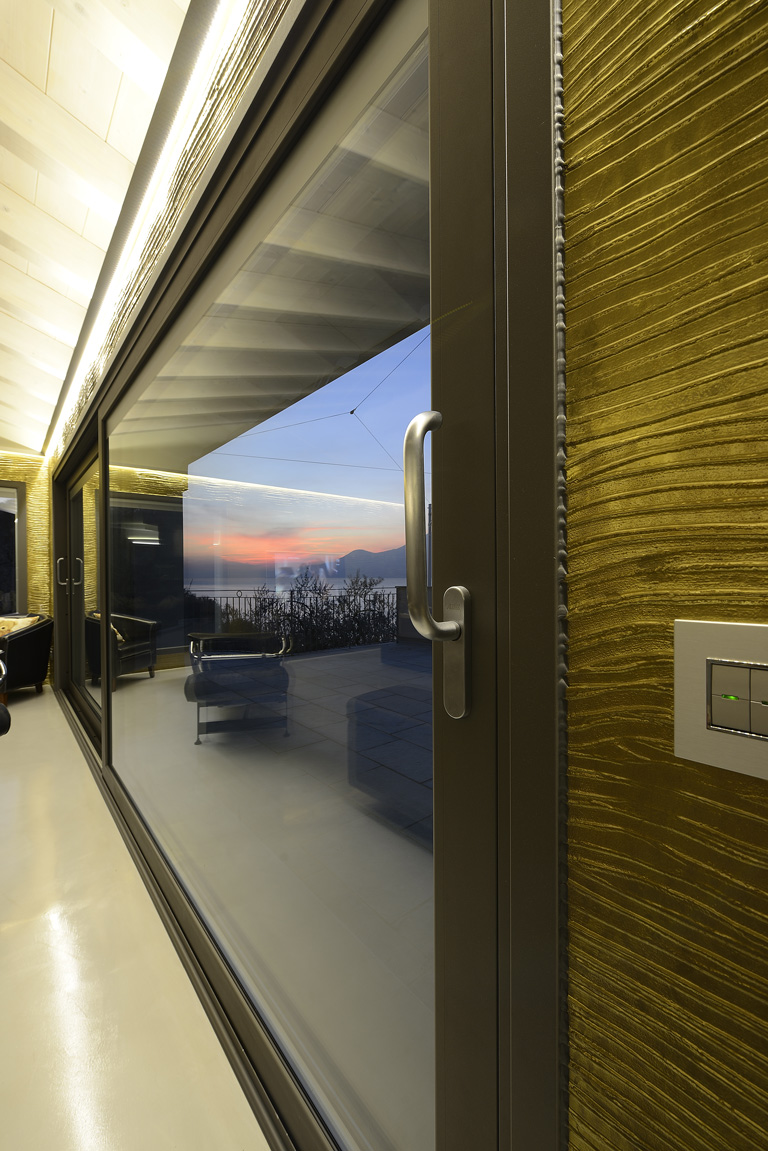Modern Design Sliding Patio Glass Doors Lock with Keys
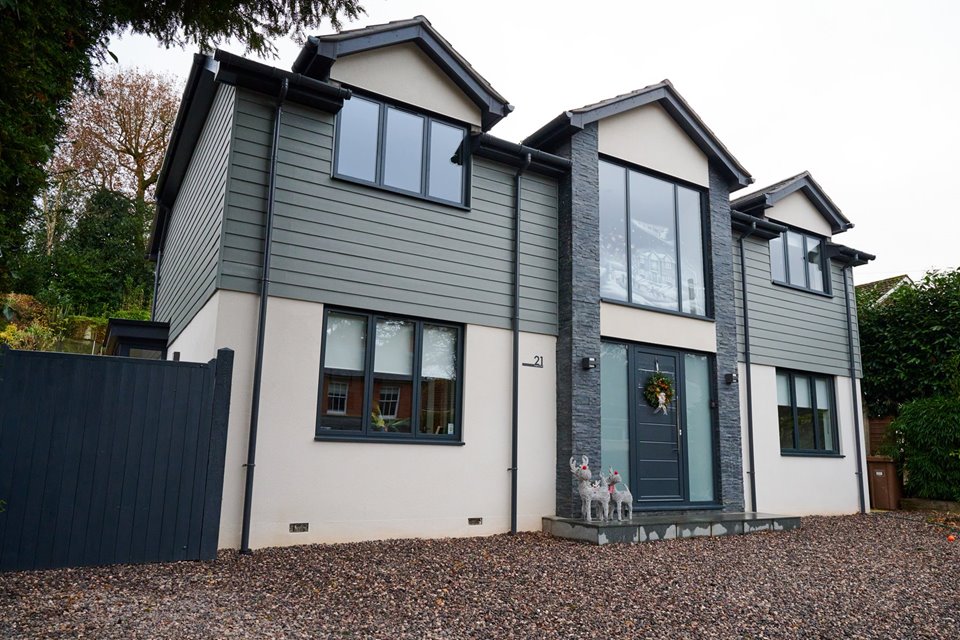
Different Types of Lock Configurations for Sliding Doors
Sliding doors have become a popular choice in modern residential and commercial spaces. The lock configuration of a sliding door is crucial as it directly affects the door’s security, convenience, and longevity. With technological advancements, there are now various types of locks available for sliding doors, allowing consumers to choose according to their needs and the environment. This article will explore the different types of sliding door lock configurations and their features, helping you make an informed decision when selecting locks for your sliding doors.
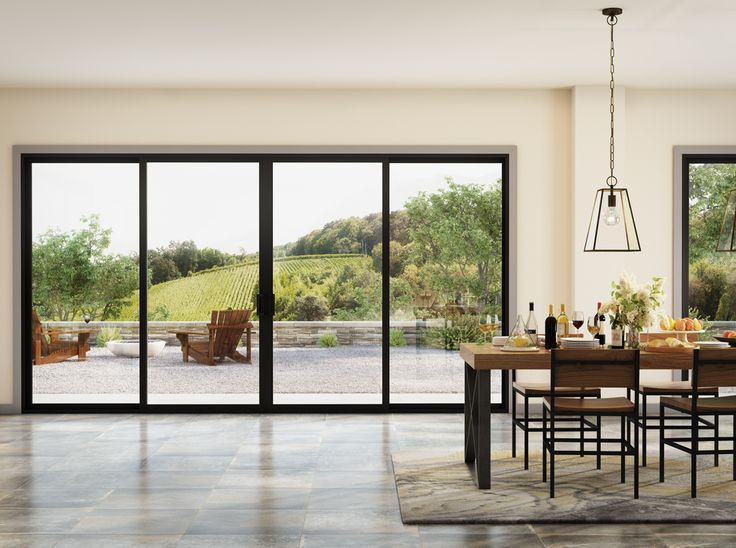
1. Basic Lock Types: Mechanical Locks vs. Security Locks
Mechanical Locks
Mechanical locks are the most common type of lock found on sliding doors. They typically consist of a lock bolt, lock cylinder, and key, and are known for their simple operation and reliability. These locks are suitable for applications where security requirements are not too high, such as in residential homes or small shops.
- Disadvantages: Vulnerable to key loss or duplication, and relatively weak in terms of anti-theft protection.
- Advantages: Affordable, simple to install, and reliable.
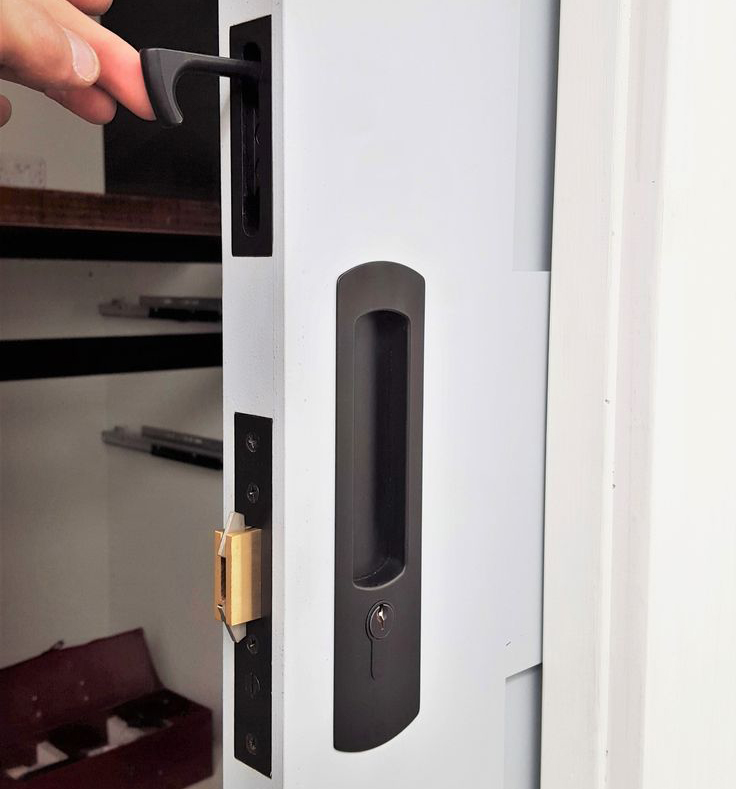
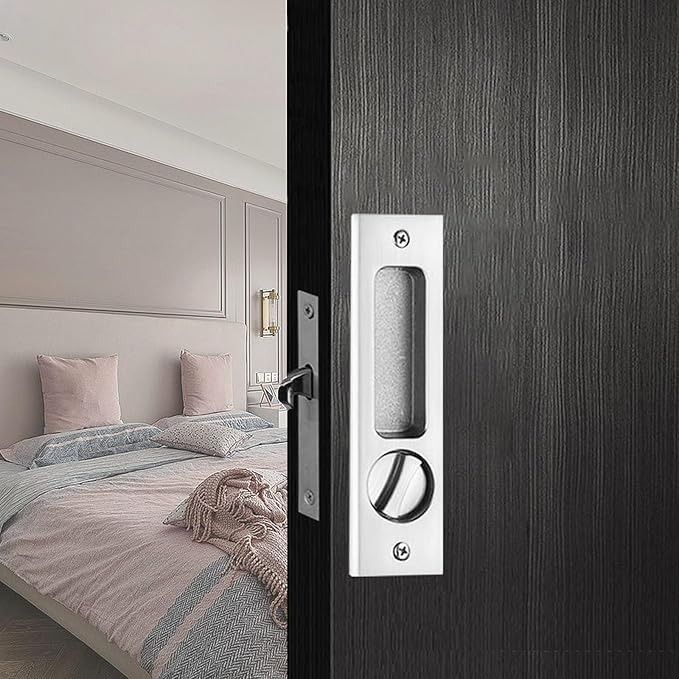
Security Locks (Multi-Point Locking)
To enhance security, many sliding doors are equipped with multi-point locking systems. Unlike traditional mechanical locks, multi-point locks engage multiple points along the top, bottom, and sides of the door to secure it, offering greater resistance to forced entry. Multi-point locks are ideal for homes, villas, and commercial spaces where security is a top priority.
- Advantages: Provides enhanced protection with multiple locking points, preventing prying or forced opening.
- Disadvantages: Higher cost, and installation may require more complex structural adjustments.
2. Electronic Locks: The Smart Lock Option
With the rise of smart homes, electronic locks are becoming increasingly popular on sliding doors. Electronic locks do not rely on traditional keys; instead, they unlock via a PIN code, fingerprint, card, or remote control. These locks offer high convenience and are ideal for high-end residential or commercial spaces.
Keypad Locks
Keypad locks are a type of electronic lock that unlocks by entering a preset numerical code. They are suitable for both homes and businesses, offering a convenient keyless entry solution that eliminates the risk of losing keys.
- Advantages: No need for physical keys, easy digital entry, and the ability to share access with multiple users.
- Disadvantages: Passwords can be forgotten, requiring resetting, and regular password changes are necessary for security.
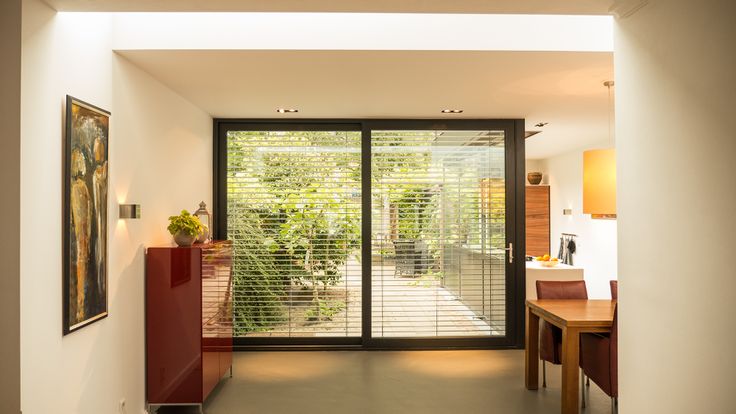
Fingerprint Locks
Fingerprint locks provide even higher security by using biometric recognition to unlock the door. These locks accurately identify authorized users, reducing the risk of unauthorized access.
- Advantages: High security, eliminates the risk of key or password theft, and is very convenient for household members to use.
- Disadvantages: Higher cost, and the fingerprint sensor requires regular maintenance.
3. Anti-Theft Locks: Enhanced Protection Against Break-Ins
For commercial spaces or environments that demand high levels of security, sliding doors are often equipped with anti-theft locks. Anti-theft locks are specifically designed to withstand tampering, offering superior protection against break-ins. Common anti-theft features include:
- Reinforced Lock Cylinders: These locks use special materials and designs that make them harder to pick or drill open.
- Impact-Resistant Design: The outer casing of the lock is made from impact-resistant materials to prevent damage from forceful impacts.
- Advantages: High level of security, preventing break-ins, suitable for commercial and high-end residential properties.
- Disadvantages: More expensive, installation may be more complex.
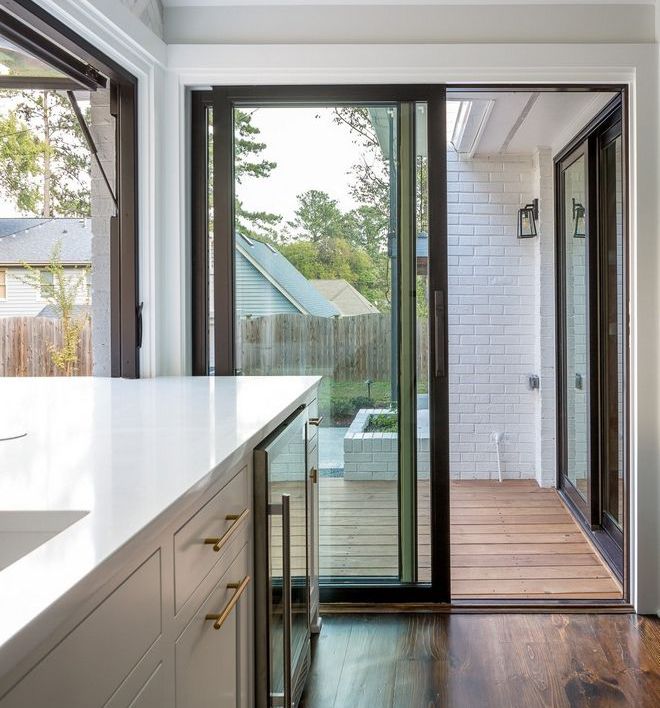
4. Automatic Locks: Convenience and Smart Features Combined
Automatic locks are a newer type of sliding door lock that is commonly used in commercial settings, especially for high-traffic areas like office buildings and hotels. These locks automatically lock the door as it closes, eliminating the need for manual locking.
- Advantages: Increases convenience, particularly in areas with high foot traffic, and eliminates the need for manual locking.
- Disadvantages: Higher cost, may require regular maintenance to ensure proper functioning.
5. Integrated Locking Systems: Comprehensive Security Solutions
In some high-end residential and commercial buildings, the sliding door lock may be part of a more integrated door/window security system. This system may not only include the lock but also involve alarms, access control systems, and surveillance solutions, providing a comprehensive security solution for the building.
- Advantages: Integrated systems offer enhanced security and convenience, particularly for large buildings or commercial applications.
- Disadvantages: More complex systems, higher cost, and installation/maintenance requirements.
There are many types of sliding door lock configurations available, each designed to meet different needs in terms of security, convenience, and functionality. Whether you’re looking for a traditional mechanical lock, a high-security multi-point lock, or a modern smart lock, there are plenty of options to choose from. When selecting the right lock configuration for your sliding doors, it’s important to consider factors such as the level of security needed, convenience features, budget, and any future-proofing for smart home integration.
By choosing the appropriate lock configuration, you can ensure that your sliding doors provide the right level of protection, convenience, and modern features to suit your home or business needs. Richocean’s comprehensive lock configurations are secure, reliable, and durable, offering peace of mind and long-lasting performance for both residential and commercial applications.

